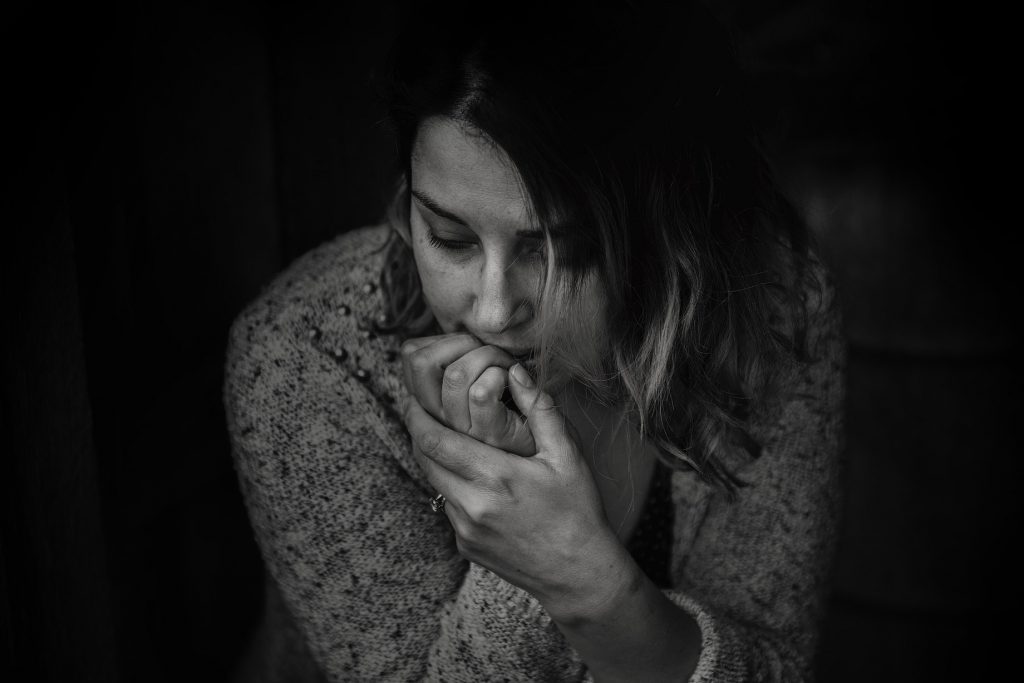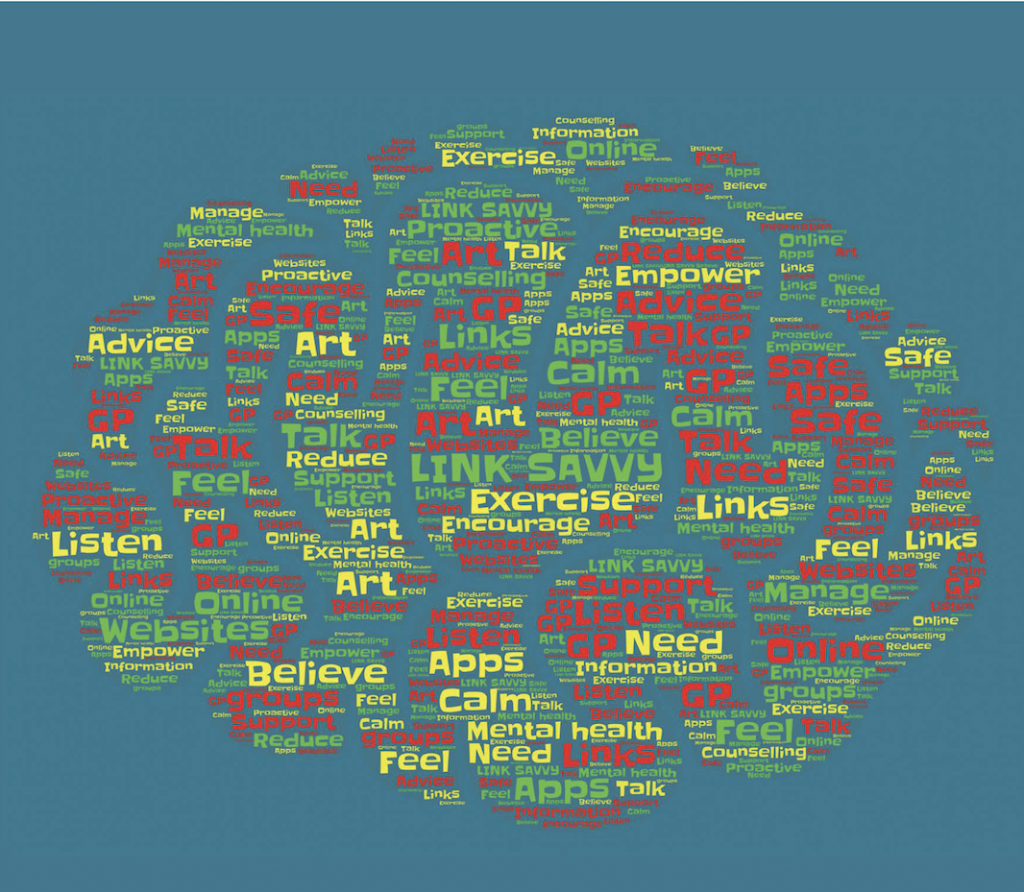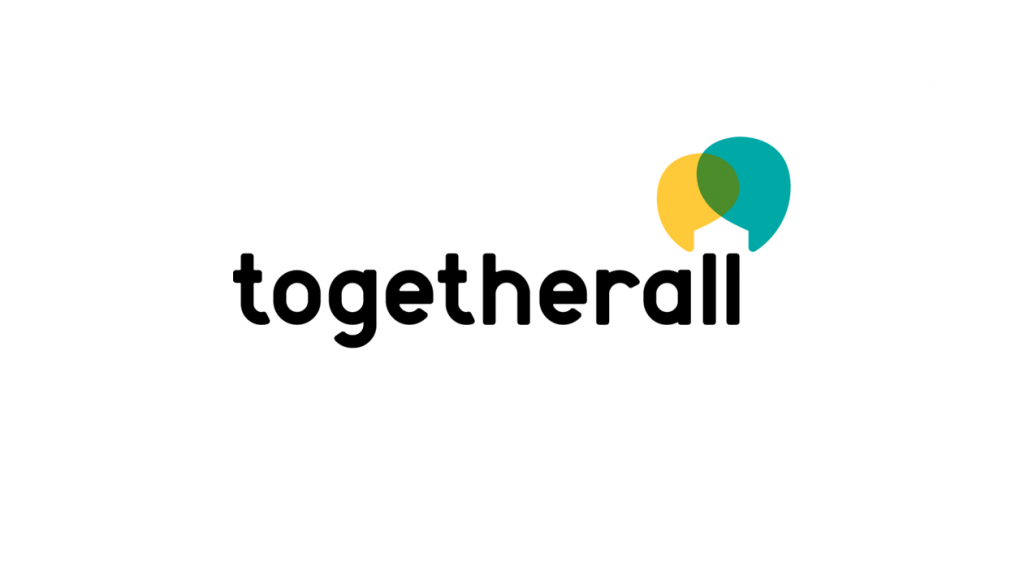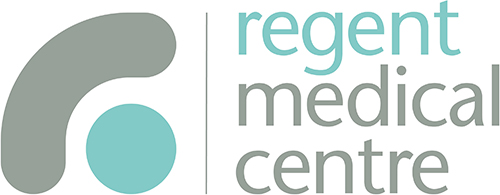Looking after the Mental Health of Older Teenagers and Young Adults
Following on from Children’s Mental Health Week earlier this month, we wanted to share some resources and support for older teenagers and young adults to help look after their mental health.
More Young People Need Help
It will not come as a surprise to many to know that more teenagers and young adults need support with their mental health.
In 2017, one in ten 6-16-year-olds had a mental health issue. For 17-19-year-olds, that figure was 1 in 9.
By 2021, the prevalence of mental health problems had increased to 1 in 6 – over 17 per cent of young people.

It can be tough coping with school, university or work. Issues with relationships or identity can affect mental health, and social media can add pressure to everything.
Then there is the long-term impact of covid, the isolation many young people felt, and now a cost of living crisis.
This is before any pre-existing mental health issues or problems relating to deprivation, domestic violence, or abuse.
What Options are there?
There are lots of different ways people can get different types of help.
Not everyone will respond the same way to particular types of support, so it’s a good idea to look at all the different options to find what will work for you.
If you are in crisis
If you are in crisis or are seriously concerned about someone else, please seek urgent help.
You can get urgent Mental Health help via the NHS website.
Call the Newcastle Crisis team on 0191 814 8899 or freephone 0800 652 2863.
Text ‘Shout’ to 85258 for a free text messaging support service.
Self Help
A wide range of support, created within the NHS and elsewhere, is available for people experiencing mild symptoms or wanting to gauge their feelings.
In the resources section of our website, you can find NHS assessment tools for mood and depression. By answering 5 quick questions in the NHS Your Mind Plan, you’ll get ideas and suggestions to help.
Self-Refer to Talking Therapies
Anyone aged 16 and older registered with a GP in Newcastle can refer themselves to talking therapies. It’s a free and confidential NHS service provided by Vita Health.
It’s for anyone struggling with depression, anxiety, excessive worry, or low mood.
Local Support from Social Prescribing Link Workers
Our Primary Care Network – a group of GP practices working together – has specialist team members providing mental health support to young people.
Claire Smith is a Mental Health Social Prescribing working with people aged 16-30. Claire’s focus is to help people overcome problems affecting their wellbeing.
There is also LINK SAVY – a booklet created for young people in Gosforth and Jesmond.

It’s got an easy-to-use traffic light system to match how you feel to helpful suggestions and links to apps or organisations for you to explore.
Any staff member at a GP practice can refer to a Social Prescriber. There is no need to see a GP first.
Apps and Online Mental Health Support
For people who may not want to interact face to face or would like to find support safely and anonymously, there are some valuable and welcoming online communities that people can explore.
Togetherall is a safe online community where people support each other anonymously to improve their mental health.
Visit togetherall.com

Kooth offers counselling and support services for young people aged 11-18 and those in Looked After Care up to 25.
Visit kooth.com
NHS Every Mind Matters has tips and other small things we can all do to be kind to our minds.There is expert advice and practical tips to look after your mental wellbeing.
Visit nhs.uk/every-mind-matters
Specialist Services
Some specialist NHS services focus on young people’s mental health issues.
In Newcastle, the Children and Young People’s Service can help anyone aged up to 18 who has mental health difficulties.
This service is accessed by referral, typically from a GP or sometimes a school, in consultation with a young person’s parents or caregivers, depending on their age. After referral, there is an assessment where team members from the service will work to understand the young person’s difficulties and, if necessary,
make a diagnosis and arrange treatment.
Support and Helplines
Many organisations offer helplines, text support and online help for mental health and other conditions or circumstances where people may need support.
Samaritans
Call 116 123
Visit samaritans.org
Text ‘SHOUT’ to 85258
Tyneside Mind Support Line
Call 0191 477 4545 (8 am to 10 pm)
Visit tynesidemind.org.uk
Newcastle Crisis Team
Call 0191 814 8899 (24/7)
Call 0800 652 2863 (freephone)
Text 07919 228 548 (for people who are deaf/have communications difficulties)
Newcastle Carers
Call 0191 275 5060 (10 am to 4 pm)
Visit newcastlecarers.org.uk
North East Council on Addictions
Call 0191 222 1262
Visit neca.co.uk
No Panic
Call 0300 772 9844 (helpline)
Call 0330 606 1174 (youth line)
Visit nopanic.org.uk
